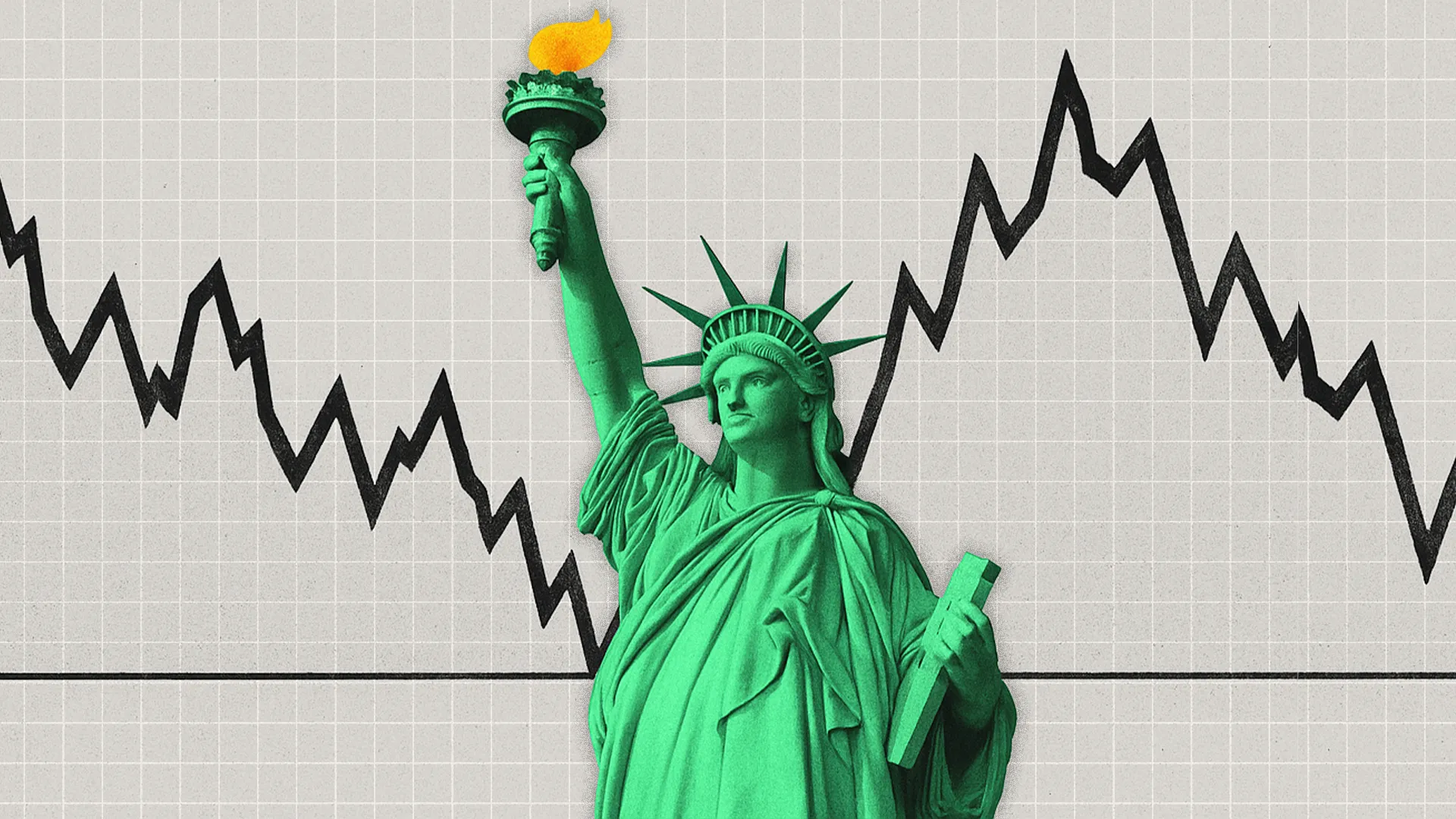With 15% of US stock market retail investors only entering the market in 2020, the pandemic was a watershed moment. But “Generation Investor” – Charles Schwab’s name for the pandemic-era investors bound together by when they started investing – has come a long way since lockdown. To attract, engage, and retain their business, investment platforms must understand how the Class of 2020 invests today.
Four years is always a long time, but 2020-2024 felt really long. There was a recession, a stock market crash, a record-breaking stock market recovery, a crypto crash, and a record-breaking crypto recovery. Not to mention the GameStop saga, the AI boom, the collapses of SVB and FTX, worldwide geopolitical upheaval, skyrocketing inflation and global interest rate hikes.
Despite the chaos, Gen I – which is composed of everyone from college students to wealthy retirees – has developed into a mature and active cohort of investors, many with similar investment habits.
We know that because every quarter we speak to thousands of retail investors for our Modern Investor Pulse and gauge how they’re investing. Here, we’ve broken down the investment habits of respondents who started investing around the pandemic (i.e. in the last two to five years) so you can understand the type of investors that the Class of 2020 have graduated into.
Want to get more specific?
Get in touch for a free data review of your key investor profiles.
They prefer stocks, ETFs, and crypto (in that order)
Where do you plan to invest most of your surplus income over the next 6-12 months? Data from Q3 2023 to Q2 2024

With the stock market performing as strongly as it has been, individual stocks are understandably the top choice. But an almost equal preference for exchange-traded funds (ETFs) reflects a generation that understands the need to diversify and invest long term, as well as take advantage of lower-risk ways to invest compared to betting on single stocks.
Interestingly, the data for the second quarter of 2024 alone was almost identical to the aggregated annual figures which, considering the recent excitement around bitcoin, highlights the maturity of Generation Investor.
They’re not ignoring clear winners

Which stocks do you plan to invest in over the next 6-12 months? Data from Q3 2023 to Q2 2024. Note individual stocks are grouped into sectors/subsectors.
Their thoughtful approach, however, doesn’t mean they’re ignoring blockbuster tech stocks, especially with AI fever taking them to new heights.
Over the last year, over a quarter of Gen I have made plans to invest in AI stocks.
They’ve grown into serious investors
How much cash do you currently have that you plan to invest in the next 12 months?/What % of your monthly income do you plan to invest? Data from Q3 2023 to Q2 2024

We know that educated investors invest more as their confidence grows. The Class of 2020 epitomizes this.
In just a few years, they’re already investing thousands of dollars a year which, for many, is over 10% of their salary.

Free ICP (Ideal Customer Profile) review?
The class of 2020 is just one group of investors we have unique insights into.
Using that data, we’d love to chat to you about the investment behavior of your ICPs and the content they consume. So get in touch.
Grow your business
with Finimize
Our Partners














They’re investors, not traders

How often do you adjust your investments? Data from Q2 2024
88% of Gen I favor a long-term approach, resisting the urge to adjust their investments daily or weekly. That long-term lens means that even when they feel asset valuations are inflated in the near term, they’re able to look past it and not take short-term reactionary steps like selling off investments.
They don’t get their investment information from social media
Which source do you trust *most* for information and news to inform your investments? Data from Q2 2024
For a group of investors that is often synonymous with r/WallStreetBets, it might be surprising that Generation Investor is turning away from social media for investment advice, opting instead for independent media, newsletters and their financial service providers.
However, this is a trend across retail investment, with 42% of modern investors using social media “significantly less” than they used to for investment advice.

Ethical investing is important to them
Data from Q2 2024
Only 22% of pandemic-era investors aren’t concerned about the ethics of their investments.
Despite this, just 13% of respondents admitted to being put off investing in companies under some form of boycott. That suggests their values are more intrinsically driven than determined by external factors, which is aligned with the drop-off in the influence of social media (where boycotts often gain momentum) on their investing.
"I have been put off from investing in certain stocks recently due to boycotts"

Investing ethically is important to me

Investment platforms aren’t giving them the information they need
"I believe my trading platform(s) provide me with all the information I need to make investment decisions"

Despite developing into a mature group of investors with a sophisticated understanding of markets, the majority of Generation Investor don’t feel they’ve got that education from the platforms they invest on. In fact, over half feel they don’t get enough information to inform their investment decisions.
Educated retail investors invest more and are half as likely to churn. So for investment platforms, understanding how to effectively educate them is essential to attract, engage and retain business.
For the platforms that can plug that gap, there's a huge opportunity to increase market share.



